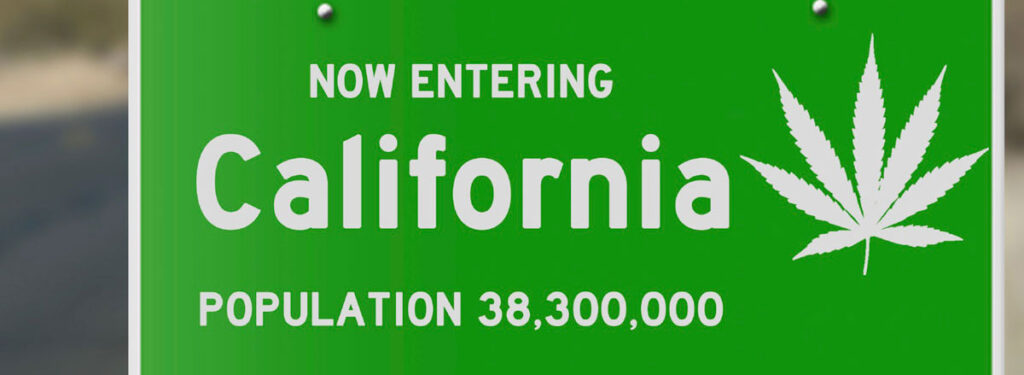The biggest obstacle that stands in the way of people who are seeking addiction treatment is the lack of resources. Of all who are affected by substance abuse, those who are low income are often at the biggest disadvantage. Not only is the cost of quality drug treatment out of reach in most cases, those who are fortunate to find help are often severely restricted in regards to the types of treatment and services they can receive. These barriers to recovery often will lead those with limited means to cycle through various treatment centers, jails and hospitals in order to try and get the help they need.
In California, efforts are currently underway to completely overhaul the addiction treatment system for low-income people. The state is the first in the entire country to receive permission from the government to revamp drug and alcohol treatment for those who receive Medicaid, also known as Medi-Cal in California. Through what’s known as a drug waiver, state officials will have new spending flexibility in their attempt to improve treatment outcomes as well as reduce the social and financial costs associated with drug and alcohol addiction.

How the Medi-Cal Overhaul Will Help Improve Access To Treatment
The revamping of Medi-Cal will have tremendous benefits for those on Medicaid who need drug treatment services. Under this waiver, the state of California is planning to expand addiction treatment services in several critical areas. Among these changes includes the expansion of inpatient care options as well as increased case management, recovery services as well as increasing the number of available medications that are used to help detoxification efforts. Effective this year, drug treatment centers across California will be able to get reimbursed for providing this much wider range of options to people on Medi-Cal.
Those who receive Medi-Cal and need addiction treatment services will have access to up to two 90-day residential stays annually, and can get a possible 30-day extension depending on the severity of their addiction. The Medi-Cal overhaul will also allow those in the criminal justice system and others in vulnerable populations to stay in treatment for longer stays. While their is no specific cost estimate available, many officials believe that the changes in Medi-Cal in regards to drug treatment will help lower the overall cost of healthcare by focusing on relapse prevention and overall health.
Additionally, the drug waiver will also help improve communication and coordination of addiction services, mental health services and medical services. The implementation of the waiver will begin in January and will first roll out in the counties of the Bay Area before being introduced to Los Angeles and Orange counties later on in the year.
A Change That Has Been A Long Time Coming
The overhaul of California’s Medi-Cal program may be the start of changes on a nationwide level. According to statistics provided by the National Survey on Drug Use and Health, about 14% of Medicaid beneficiaries likely have a substance use disorder. However, only a small fraction of those people will receive the quality drug treatment they need to effectively address their substance abuse. This is due in large part of the substantive restrictions placed on the types of services that are covered by Medicaid.
Among the federal rules that restricted access to treatment included the following:
- general limits of a drug treatment center’s ability to be reimbursed under Medicaid.
- Intensive treatment and residential care was only made available to pregnant and postpartum women.
- Clinics with more than 16 beds were not eligible to get reimbursement.
With these changes in Medi-Cal in California, substance abuse disorders will be treated like as a disease rather than a short-term illness. Up until the overhaul, substance abuse was treated in an acute fashion even though it has long been known through research that substance abuse is a progressive and chronic condition.
While the Medi-Cal overhaul is a positive step, the success of this overhaul is highly dependent on reimbursement rates which have yet to be set. The change in policy is expected to bring in large numbers of people to treatment facilities, and many of these people will be seeking treatment for the first time. With the projected significant increase in treatment admissions, there is concern that if rates are not adequate, the overall quality of treatment will suffer and people will not receive the care they need. Despite concerns, the change in Medi-Cal will hopefully signal the start of easier treatment access.
Make A Commitment to Recovery
This year can be a transformative year for you if you are struggling with substance abuse. If you are truly ready to make the commitment to your recovery, help is closer than you think. At SoCal Detox, we offer a wide variety of effective treatment programs that will give you a solid foundation for long-term and lasting recovery. Call SoCal Detox today.




